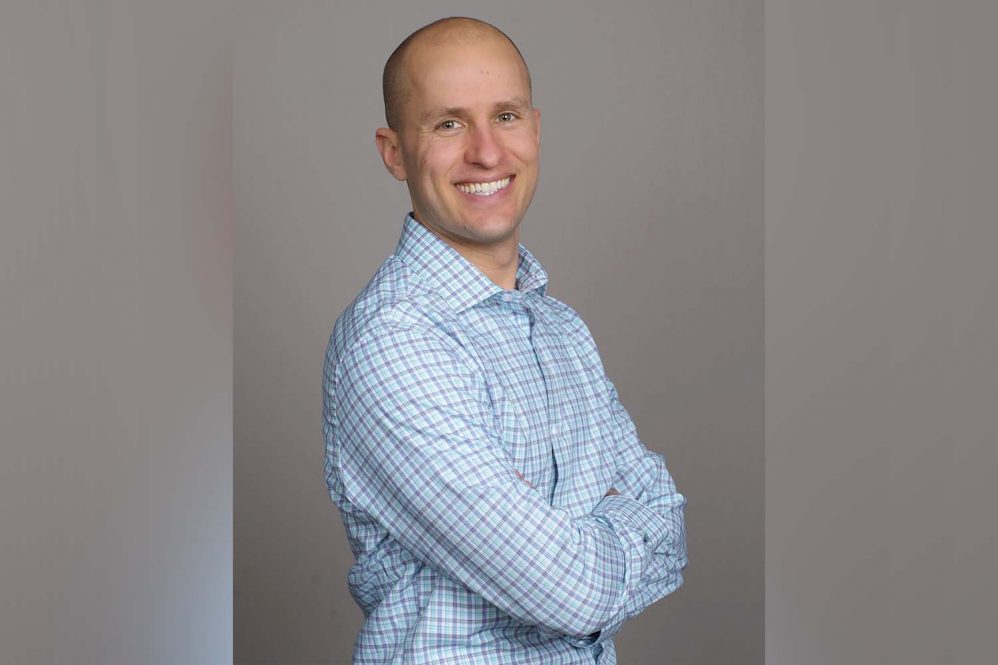Brian Feroldi ’04 (BUS) remembers sitting down with the HR department at his first job after graduation looking at the 401(k) forms they’d handed him. “I opened this glossy brochure and it said, ‘Do you want to put it into the high growth, the medium growth, or the low growth?’ I looked at the lady and I said, ‘What do I do?’ She said, ‘I can’t help you with that. We’re not allowed to.’ Somehow, I was supposed to magically be able to fill out these forms and figure out my financial future, with essentially zero education about what to do.” It’s a scenario millions in this country can relate to. Some 100 million Americans have money invested in the stock market through 401(k)s, IRAs, brokerage accounts, and employee stock purchase plans.
“They are in a very real way betting their financial future,” says Feroldi, “but I know, from talking with hundreds of people and interacting with thousands more online, that the vast majority of people have no clue how the stock market works — why it goes up, why it goes down on a given day or over long periods of time.”
Feroldi dispenses financial advice as a writer for The Motley Fool, a virtual investment services website that was a startup when Feroldi signed on and now has more than 600 employees worldwide. He recently published “Why Does The Stock Market Go Up? Everything You Should Have Been Taught About Investing In School, But Weren’t” (Choose Fi Media, 2022).
Feroldi says he knows what mistakes new investors should avoid, because he’s made most of them himself.
“I am drawn to the idea of taking money and turning it into more money, but I am also a firm believer that growing your income, keeping your expenses in check, and creating extra savings for yourself is an order of magnitude more important, and more impactful, than anything you can ever do with your investments. If I could go back in time 20 years and give advice to my younger self, it would be to focus on income, expenses, and savings, and don’t focus on the returns.”
In other words, don’t look at investing as a get-rich-quick strategy. Feroldi’s biggest regrets come from forgetting that. He doesn’t think of stocks he should have bought.



